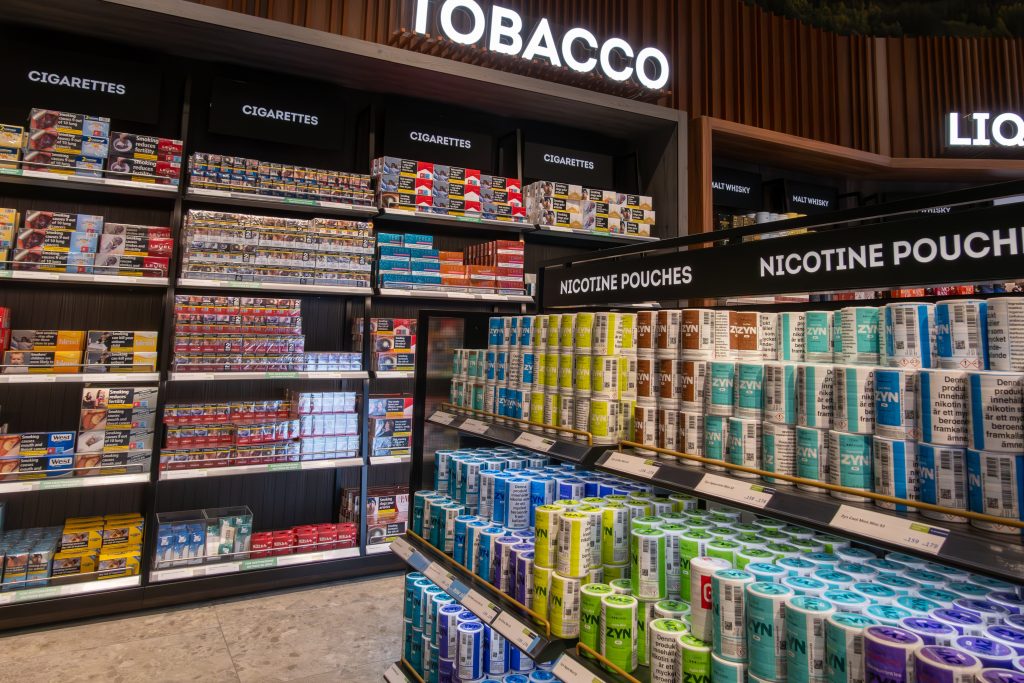
Recent amendments to tobacco and vaping legislation in New South Wales have expanded offences, increased penalties, and strengthened compliance powers for inspectors. Small businesses facing prosecution should consider the following options promptly.
- Immediate compliance and remediation: Conduct an internal audit of sales practices, signage, age‑verification procedures, product sourcing, and storage. Rectify any non‑compliance, remove prohibited products (including non‑compliant vaping products), and document corrective actions. Early remediation can be relevant to prosecutorial discretion and sentencing.
- Engage with regulators: Where appropriate, make representations to NSW Health or the prosecuting authority, providing evidence of compliance steps, staff training, and supply‑chain due diligence. In suitable cases, seek withdrawal or reduction of charges, or resolution by way of a caution or infringement where legislation and policy allow.
- Defend the charge: Assess the elements of the offence (e.g., sale to a minor, possession or supply of prohibited products, advertising breaches). Consider evidentiary issues, inspection lawfulness, chain‑of‑custody, and whether defences apply (such as due diligence where available). Preserve CCTV, training records, invoices, and contemporaneous notes.
- Plea negotiations and sentencing: If liability is not contested, negotiate facts, offence selection, and penalty submissions. Prepare mitigating material: compliance programs, staff training, prior good record, financial impact, and community contributions. For corporations and proprietors, consider prospects for a non‑conviction order under s 10(1)(a) Crimes (Sentencing Procedure) Act 1999 or conditional release without conviction where appropriate.
- Ongoing compliance: Implement written policies, regular staff training, robust age checks, supplier vetting, and periodic audits to reduce future risk.
Strict timelines apply. Prompt action, organised evidence, and proactive compliance measures materially influence outcomes.
The information in this publication is of a general nature and is not intended to address the circumstances of any particular individual or entity. Although we endeavour to provide accurate and timely information, we do not guarantee that the information in this publication is accurate at the date it is received or that it will continue to be accurate in the future. We are not responsible for the information of any source to which a link is provided or reference is made and exclude all liability in connection with use of these sources. If you do not wish to receive newsletters from us, please let us know.